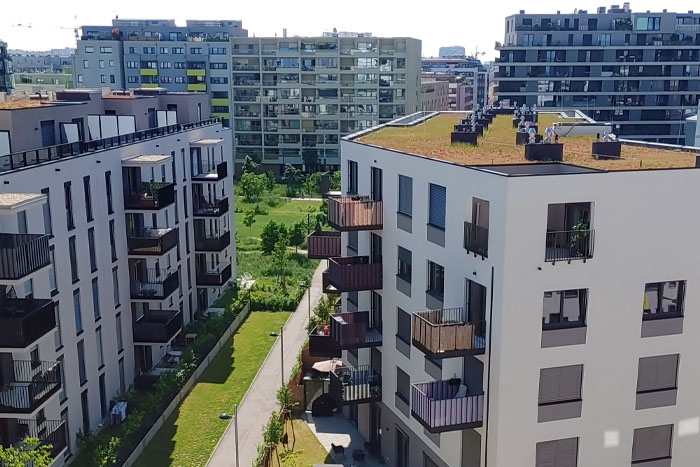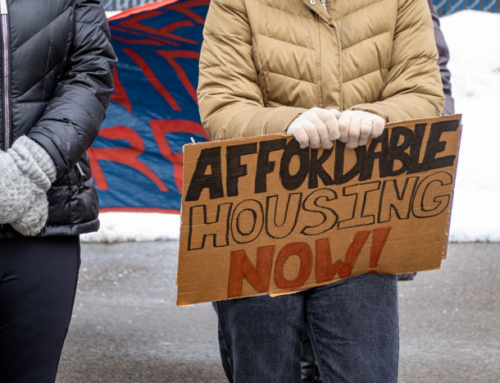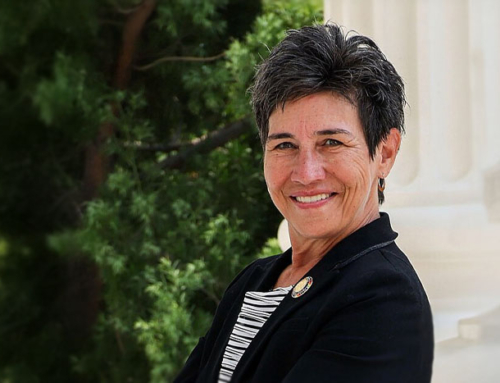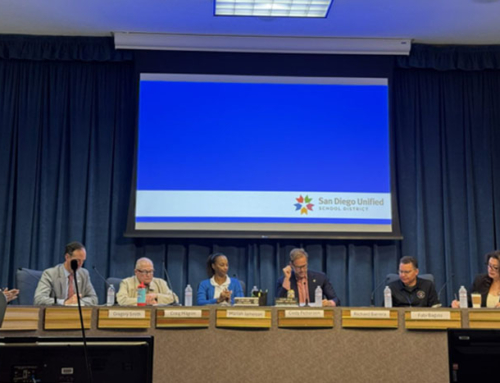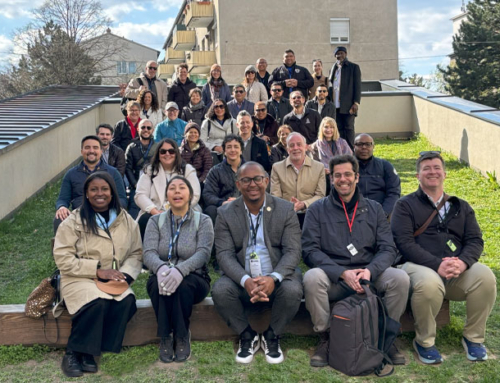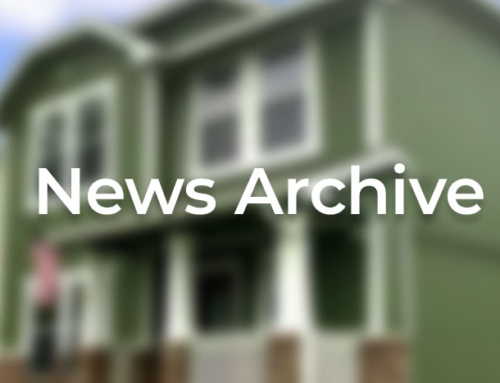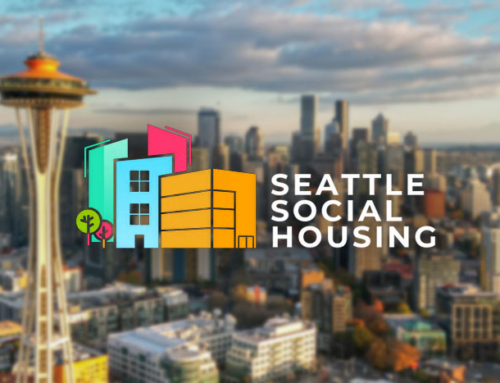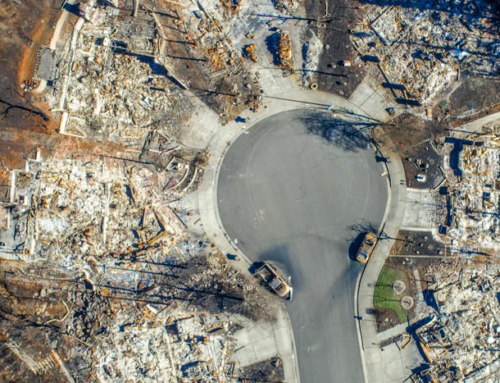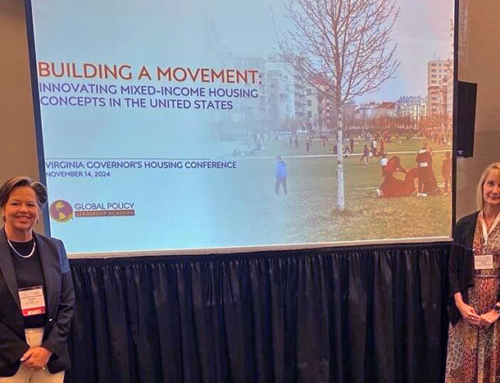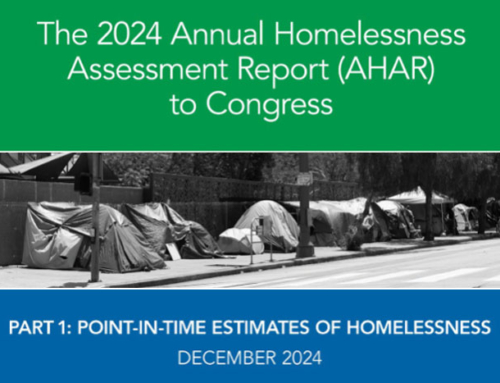Social housing, the concept of large-scale, mixed-income housing that promotes permanent affordability, tenant protections, and resident control, has typically been implemented in cities outside of the US, including in Europe, South America, and Asia. In recent years, however, it has garnered substantial attention in the US. This year, momentum has built for social housing in California, New York, and Seattle.
In California, Assemblymember Alex Lee (D-Milpitas) has introduced two bills this year to seed social housing programs, building off his 2023 bill, AB 309 (Lee, D-Milpitas), which passed the Legislature but was unfortunately vetoed by the Governor. AB 309 would have enacted the Social Housing Act and created the Social Housing Program, which would have ensured that qualified social housing developments are produced on leased state property to help address the housing crisis.
This year, Assemblymember Lee introduced:
- AB 2881 (Lee, D-Milpitas), a reintroduction of the Social Housing Act, which would establish the California Housing Authority to produce mixed-income housing that is affordable and financially self-sustaining.
- AB 2665 (Lee, D-Milpitas) would establish the Mixed Income Revolving Loan Program in the California Housing and Community Development Department to provide zero-interest construction loans to qualifying residential, infill housing developers for the purpose of constructing deed-restricted affordable housing.
In New York State, legislators are similarly proposing legislation and funding for social housing. The Senate is proposing $250M for a New York Housing Opportunity Corporation, billed as Mitchell-Lama 2.0, modeled on legislation passed in 1955 that enabled the construction of more than 100,000 units of middle-income housing after WWII. As part of this proposal, developers would be given cheap leases on state land, financing, and streamlined processes. Another proposal in the Assembly, A09088 (Gallagher, D-Brooklyn), would establish the New York State Social Housing Development Authority as a public benefit corporation to increase the supply of permanently affordable housing in the state through land acquisition, rehabilitation, and new construction. Lastly, Governor Kathy Hochul’s budget proposal includes $500M for housing development on state-owned land.
The City of Seattle has perhaps made the most headway in making social housing a reality. In February 2023, Seattle voters approved Initiative 135 (I-135), which created the Seattle Social Housing Developer, a public development authority that will create social housing in Seattle, and the 13-member Seattle Social Housing Developer Board. The State of Washington budget for 2023 included $200,000 to cover some of the agency’s start-up costs, and the agency is currently seeking a CEO. Last month, the advocacy group House Our Neighbors filed paperwork with the Seattle City Clerk’s Office for its “Let’s Build Social Housing” ballot initiative and will begin collecting signatures with the hopes of getting the measure on November’s ballot. If successful, the measure would levy a 5% tax on any dollar over $1 million in total employee compensation to fund the agency.
As social housing continues to gather momentum, LeSar continues to inform and advise clients on how best to adapt these various models to successfully address the housing and homelessness crisis.
© LeSar Holdings/LeSar Development Consultants. All Rights Reserved. Please be advised that any republishing of copyrighted material provided by our organization, in whole or in part, requires prior written authorization. For permission, please reach out to [email protected]. We appreciate your understanding and compliance in upholding copyright laws.

